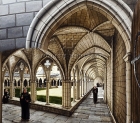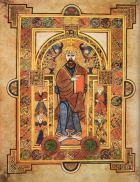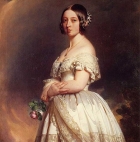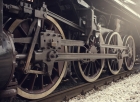Local History
Local history provides rich opportunities to engage children in their immediate local area and understand their own history and how history contributes to a greater overall understanding and bigger picture. In this section you will find articles, guides, and resources to enable you to make local history meaningful.
Sort by:
Date (Newest first) | Title A-Z
Show:
All |
Articles |
Podcasts |
Multipage Articles
-

The Stone Age conundrum
ArticleClick to view -

Time and Place; Using a Local Historical Site with Key Stage 2 and 3
Multipage ArticleClick to view -

Using cemeteries as a local history resource
ArticleClick to view -

Using museum and heritage sites to promote higher-level learning at KS2
ArticleClick to view -

Using museums, libraries and art galleries
ArticleClick to view -

Using original sources
ArticleClick to view -

Using the back cover image: Sandbach Crosses - an Anglo-Saxon market cross
ArticleClick to view -

Victorians
ArticleClick to view -

Viking and Anglo-Saxon struggle for the kingdom of England
ArticleClick to view -

What makes good local history?
ArticleClick to view -

What your local Archive Service can offer to schools
ArticleClick to view -

William Brookes and the Olympic Games
ArticleClick to view -

Your Local Railway: a local history investigation in Key Stage 2
ArticleClick to view -

‘Not again!’ - an additional viewpoint on using railways
ArticleClick to view

